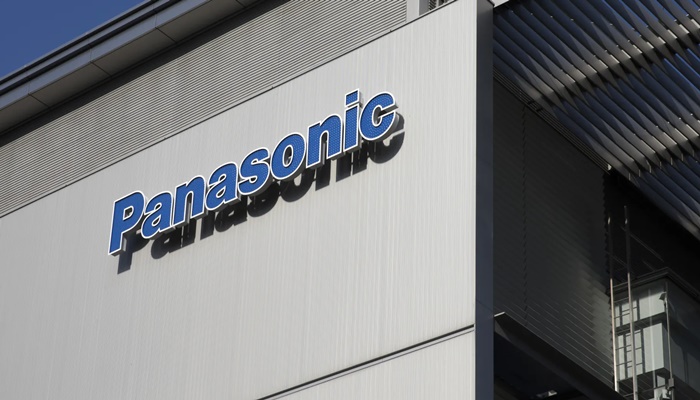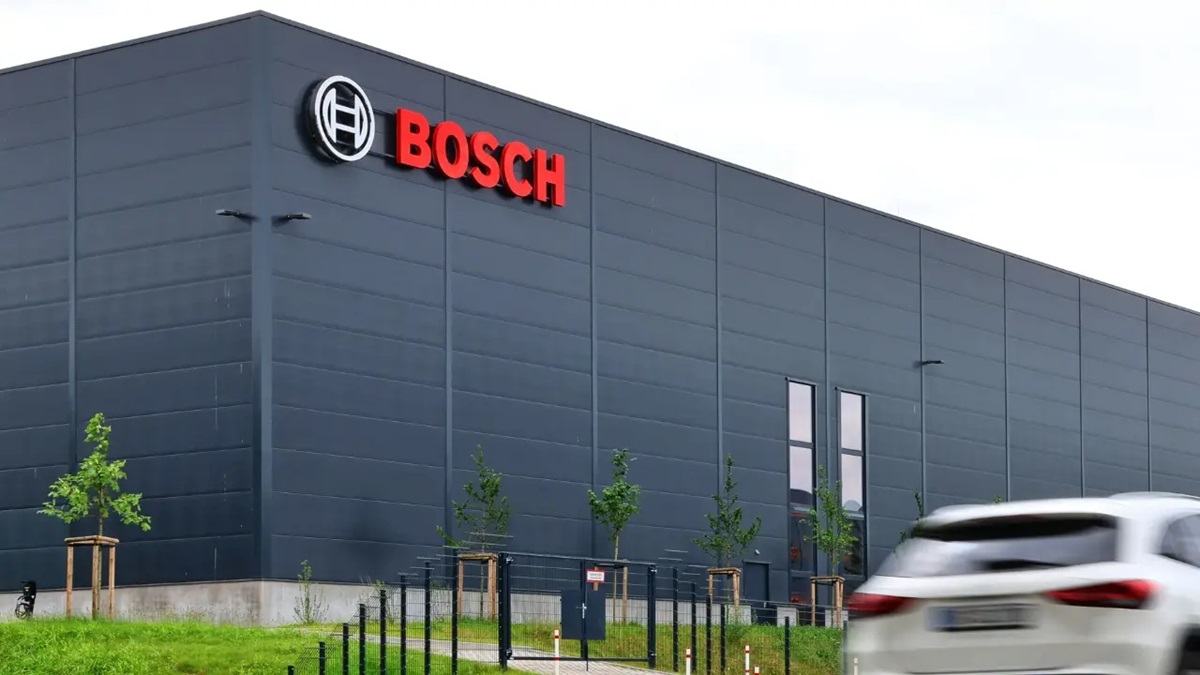Bosch will cut 13,000 jobs in Germany, marking one of the largest retrenchments in the country’s automotive sector as the industry grapples with weak demand, overcapacity and intensifying competition from China.
The world’s biggest auto supplier said on Thursday the cuts would come entirely from its domestic workforce, representing about 10 per cent of its staff in Germany and 3 per cent globally. The layoffs are aimed at delivering annual savings of €2.5 billion in its car components division, Le Monde reported.
Bosch, which produces systems ranging from brakes and steering to sensors, said the reductions were necessary to align production with shifting global demand. “Demand for our products is shifting significantly to regions outside Europe,” Stefan Grosch, head of industrial relations at Bosch, told reporters. “We need to orient ourselves to where our markets and customers are.”
The move underlines the strain on Europe’s largest economy as its flagship car sector struggles with the transition to electric vehicles. According to Le Monde, Germany’s auto industry has been hit by sluggish EV sales, overcapacity in traditional components, and an escalating price war in China that has squeezed suppliers’ margins.
Marco Zehe, head of electrified motion at Bosch, admitted the company had miscalculated the pace of the transition. “Electromobility has not taken off as quickly as forecast,” he said. “That means we have lots of overcapacity, particularly in Europe and particularly in Germany.”
Bosch has already announced 9,000 job cuts since last year. Other suppliers, including Schaeffler and Continental, have also trimmed thousands of positions. Among carmakers themselves, Volkswagen has confirmed it is planning significant workforce reductions in Germany, while Porsche last week slowed its electric rollout due to weak demand.
Global shift, local pain
Markus Heyn, head of Bosch Mobility, said earlier this month that the global industry was moving towards more localised production. “The trend towards localisation is unstoppable,” he told the Stuttgarter Zeitung. “The days when Germany could produce a great deal for the rest of the world are over.”
For Bosch, the shift means that its German operations, once a cornerstone of global supply, are now disproportionately exposed to weakening European demand and higher cost bases. Grosch stressed, however, that Germany remained “central” to the company’s future, adding: “We stand by it as a location and stand by Europe and are doing all we can to continually improve our competitiveness by our own efforts.”
Workers’ representatives vowed to resist the restructuring. Frank Sell, head of the Bosch Mobility works council, described the cuts as “historically unprecedented”. He accused the group of breaking trust with employees who had built the company’s success. “Bosch is not only breaching the trust of those who have made this company big and successful but leaving behind social devastation in many regions,” Sell said.
The union is demanding assurances that Bosch will not close entire sites in Germany, a concern that has fuelled unrest among workers in industrial hubs such as Baden-Württemberg.
Germany’s automotive sector employs hundreds of thousands and has been a pillar of its export strength. But the twin challenges of electrification and global competition are forcing suppliers and manufacturers alike to rethink their footprints. Bosch’s announcement suggests that the adjustment will be harsher than many had anticipated.
The job cuts will ripple through local economies already reeling from previous layoffs. Analysts say the retrenchments underscore a structural shift: German auto suppliers risk losing ground as carmakers prioritise regional sourcing and as Asian rivals dominate EV supply chains.
For Bosch, the hope is that a leaner, more geographically aligned structure can preserve profitability and fund continued investment in electrification, digital mobility and software. Whether the plan succeeds will depend on how quickly global demand patterns stabilise — and whether Europe’s transition to electric vehicles accelerates to meet earlier forecasts.
For now, Bosch’s decision is another sign that the German car industry faces a long, painful reset.




















